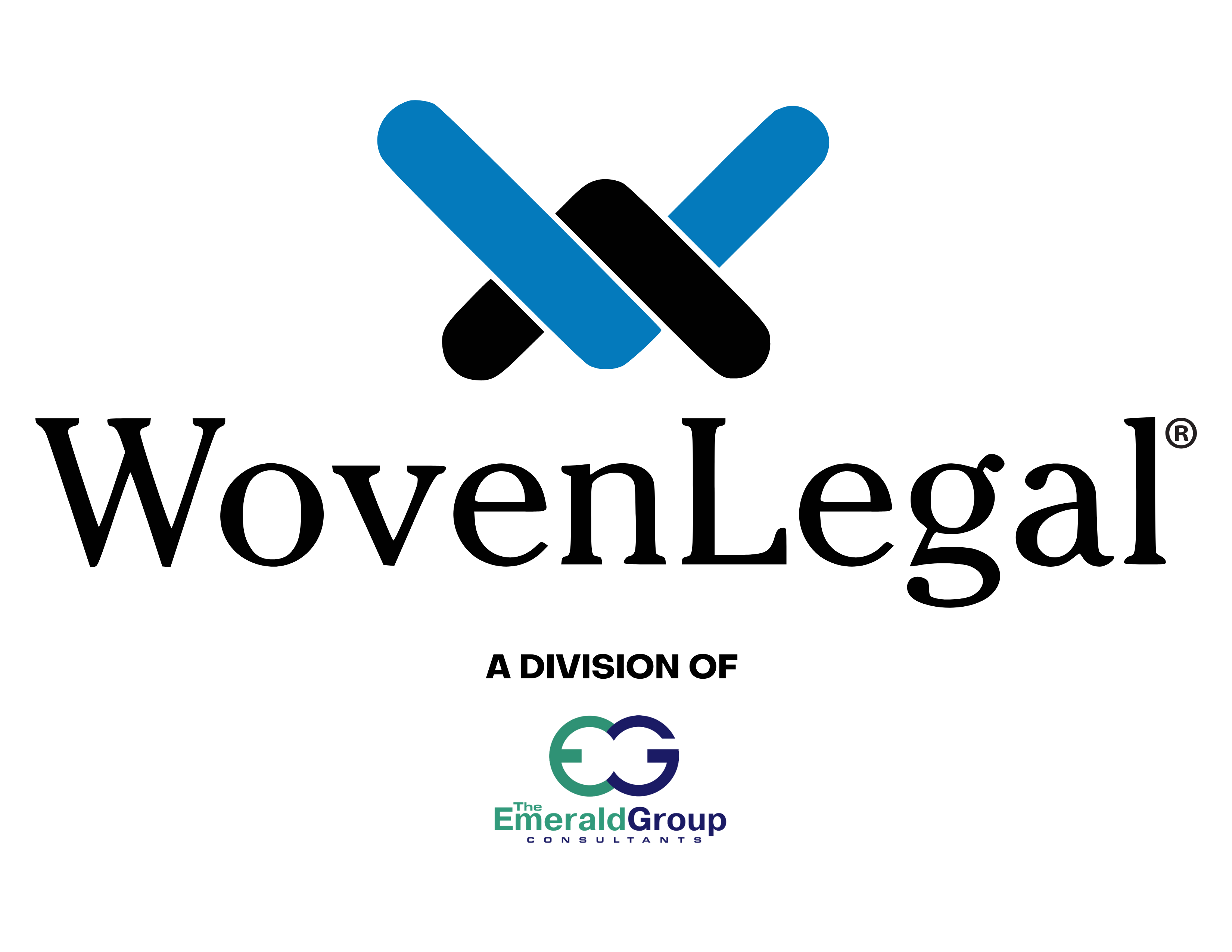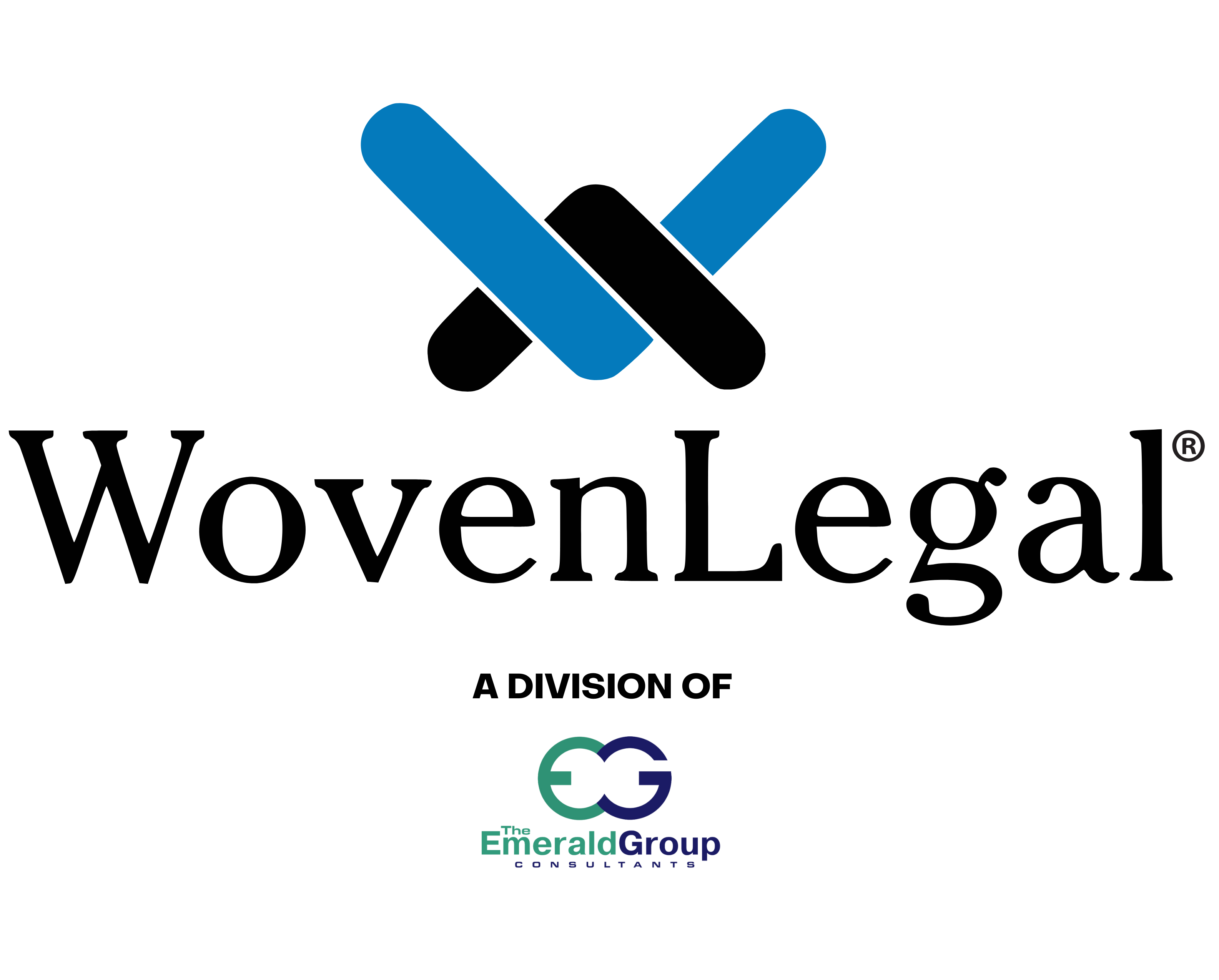If you’re an attorney in a small firm, chances are you’re working more than full-time — but only billing a fraction of that. The Clio Legal Trends Report reveals that lawyers average just 2.9 billable hours per workday. That’s roughly 36% of a standard 8-hour day.
It’s not that you’re slacking. You’re buried in emails, tracking down documents, sitting in meetings, answering “quick questions,” and juggling casework — with no clear boundary between what gets billed and what gets eaten by the chaos.
The result? Thousands of dollars in lost revenue each month and an exhausting cycle that leaves you overworked but underpaid.
But here’s the upside: This gap is also your greatest opportunity. By adjusting how you track time and where you spend it, you can recover lost revenue and create space to focus on high-value work.
Want to see what’s possible with better billing systems?
We highly recommend checking out this video presentation by Ernie Svenson, longtime advocate for legal tech adoption and creator of the Ernie the Attorney blog. In the video, he shares insights on how AI-powered billing software like Billables.AI can help attorneys automate time tracking, recover lost billable minutes, and reduce friction in the billing process.
Ernie’s talk highlights a simple but powerful truth: attorneys often do the work but fail to track the work — especially those quick actions like emails, edits, or brief phone calls. Software tools like Billables.AI help capture those moments passively, ensuring that what gets done actually gets billed.
His presentation is a valuable complement to the tips below, which focus on small process shifts and delegation habits that support better time tracking and billing outcomes.
Here are five tips that can help you improve your billing habits — and boost your bottom line.
Tip #1: Track Time in Real Time (or Close to It)
Why it matters:
Reconstructing your day after the fact is a recipe for missing hours — and underbilling clients. Research shows that lawyers lose up to 10% of their billable time trying to recall what they did yesterday.
How to implement:
- Use timers built into your practice management platform, such as Clio or Rocket Matter.
- Set a top-of-the-hour reminder to jot down what you’ve just completed.
- Record voice memos throughout the day and delegate entry to your assistant or paralegal.
Woven Legal Tip:
Our knowledgeable team can match you with an experienced paralegal who can help monitor your daily time entries, flag missing logs, and create a simple review system so nothing slips through the cracks.
Tip #2: Guard Your Focus — Delegate Interruptions to a Gatekeeper
Why it matters:
It’s not just admin work stealing your time — it’s interruptions. A quick client call here, a “Do you have a second?” from a staffer there. Each distraction pulls you out of deep focus and into decision fatigue. The real cost? According to studies, it takes 23 minutes to refocus after each interruption.
Now multiply that across a full workday — no wonder you’re only billing 2.9 hours.
How to implement:
- Appoint a gatekeeper who manages your inbox, phone calls, and non-urgent requests.
- Block out daily “focus hours” where your assistant shields you from anything that isn’t mission-critical.
- Use templated responses for FAQs and routine check-ins your team can send without your involvement.
Woven Legal Tip:
When you work with Woven Legal, your paralegal becomes a strategic buffer — prioritizing casework, screening interruptions, and keeping you locked in on legal tasks that generate revenue. For non-legal matters like email triage, schedule control, and firm admin, our sister company PeachtreeVA provides seasoned virtual assistants who keep distractions at bay and protect your most valuable asset: focus.
Bonus:
Many of our clients combine both services — pairing a Woven Legal paralegal with a PeachtreeVA assistant — to handle everything from document prep to email gatekeeping, so they can reclaim their day.
Tip #3: Bill for What You Already Do (Without Feeling Guilty)
Why it matters:
Attorneys frequently skip billing for minor but essential work — like brief emails, quick phone calls, or small document edits — simply because it “didn’t take long.” But over a month? Those minutes add up to serious lost revenue.
How to implement:
- Set a minimum billing increment (e.g., 0.2 hours) and stick to it for every client interaction.
- Use a checklist of common touchpoints you may forget to bill for (emails, voicemails, research notes).
- Educate clients upfront that all time dedicated to their matter — even short bursts — will be billed.
Woven Legal Tip:
Let your assigned paralegal help you track those small but billable actions. Many of our clients are shocked at how much more they can capture — and rightfully earn — once they start logging all activity tied to a case.
Tip #4: Use Reports to Spot Gaps and Guide Delegation
Why it matters:
If you’re not reviewing your utilization rate (how much of your time is billable) and realization rate (how much of that time is actually paid), you’re leaving profit on the table. Reports show you where the money leaks are — and which work you should stop doing.
How to implement:
- Run monthly billing reports in Clio or your time-tracking tool.
- Identify low-efficiency matters and offload repetitive work to lower-cost team members.
- Reallocate high-effort, low-payoff tasks like redlining, formatting, or follow-up emails.
Woven Legal Tip:
We often audit firm task lists and reassign low-value work to virtual paralegals or assistants, helping attorneys stay focused on high-dollar activity. Many clients double their efficiency by simply delegating smarter.
Tip #5: Make Delegation a Daily Practice — Not a Panic Button
Why it matters:
Attorneys often wait until they’re buried to delegate — which leads to rushed handoffs and missed opportunities. Delegation should be a habit, not a last resort. The more you offload repeatable tasks, the more bandwidth you have for what matters.
How to implement:
- Make a “Do Not Do” list — tasks that drain time without increasing revenue.
- Pick one item each week to delegate permanently to a VA or paralegal.
- Record short Loom videos or create templates for each delegated process.
Woven Legal Tip:
Each Woven Legal client works with a dedicated Relationship Manager (who is also an experienced legal professional) to help prioritize delegation, monitor performance, and ensure nothing falls through the cracks. We don’t just place help — we help you make the most of it.
Bonus Tip: Consider Block Billing (When Appropriate)
Why it matters:
Billing in micro-increments can hurt your profitability, especially if you’re constantly shifting gears. Block billing allows you to reflect the total value of your time and reduces transition waste.
How to implement:
- Group related tasks under a single time entry (e.g., “Reviewed case file, outlined response strategy, and drafted memo – 1.6 hrs”).
- Ensure your descriptions remain detailed and compliant with client expectations.
Note: Some clients or courts may limit the use of block billing, so always check for guidelines or restrictions.
Final Thoughts
You didn’t go to law school to manage email or chase down client files. But without systems for billing and time tracking, it’s easy to let non-billable work take over — and your revenue suffer.
The truth is, you’re already doing the work. Now it’s time to get paid for it.
Small changes in how you track time, manage interruptions, and delegate tasks can result in thousands of dollars in recovered income each month. With the right support, you can bill more, stress less, and build a practice that runs profitably — not frantically.
Need Help Reclaiming Billable Hours?
Woven Legal provides experienced, U.S.-based paralegals and legal assistants trained to support attorneys in small firms. We help you reclaim your time, protect your focus, and increase profitability.
Looking for help with admin and client management? Our sister company, PeachtreeVA, provides skilled virtual assistants who act as trusted gatekeepers and executive-level support.
📅 Let’s talk about what delegation could look like in your firm.
Schedule a quick call — and let us help you stop leaving money on the table.




Comments are closed